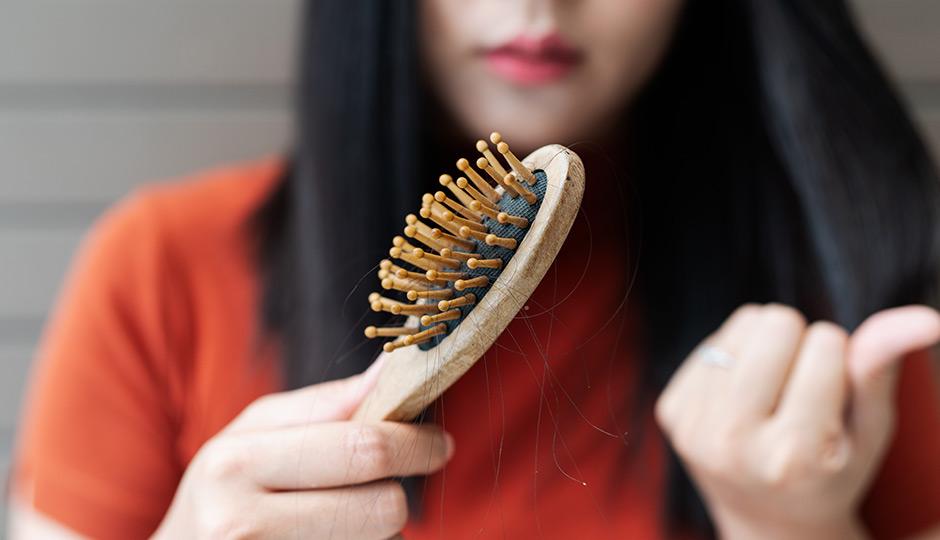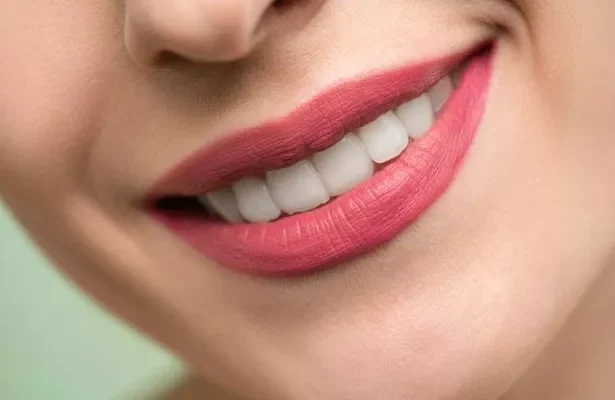Hair loss is a normal and natural process that is part of the hair growth cycle. Losing about 100 hairs a day is considered to be the absolute norm. Therefore, worrying about hair falling out is absolutely not worth it. However, when you start to notice that strands of hair are clogging the drain in the shower, or a large amount is left on the comb, you should pay attention to this. Of course, the help of professionals will be indispensable but do not rush to sound the alarm. You can prevent or reduce excess hair loss on your own using fairly simple rules and tips. About this – in our material on Sputnik.
How to prevent hair loss
If your hair loss is not a consequence of a medical condition or hormonal imbalance, there are several ways you can help prevent it.
1. Eat a balanced diet
Dominic Berg recommends eating as many vegetables, lean meats, seafood, and foods that contain healthy fats such as avocados, eggs, and nuts in your diet.
Essential hair nutrients are found in spinach (high in iron, which helps deliver red blood cells to the scalp, which promotes hair growth), oranges, tomatoes, and peppers (foods rich in vitamin C promote collagen production, which keeps hair follicles healthy), flax or chia seeds (they are high in omega-3 fatty acids that help keep hair healthy and strong, and promote new growth).
2 Avoid “tight” hairstyles and chemical treatments
If your hair falls out, then, alas, you will have to forget about the ponytail for a while. It is also not recommended to get involved in chemical treatments: curling, coloring, and procedures like keratin straightening. All this can injure the follicles and lead to increased hair loss.
3. Don’t neglect sleep
Sleep is extremely important to our health, so you shouldn’t sacrifice it for the sake of something else. Otherwise, sooner or later it will affect your health. To restore the body, it is recommended to sleep 7-8 hours a day. A hormone that helps regulate the sleep cycle, melatonin, has been shown to also promote hair growth, including when we get it naturally when we sleep.
In addition to being vital for hair growth, rest can also help keep hair from getting too oily. When you skip sleep, your stress levels can rise, leading not only to a decrease in the rate of hair growth but also to an increase in sebum production.
4. Take omega-3 acids
One can argue for a long time whether it is worth taking special vitamins for hair. Some are sure that they have no effect, others, on the contrary, are convinced that after using them, hair, skin, and nails become much better. But what really benefits their condition is their high intake of omega-3 fatty acids, as they can help accelerate hair growth. You can get them not only from supplements but also from regular products. Most of the omega-3 acids are found in mackerel, salmon, herring, flax and chia seeds, walnuts, and beans.
5. Massage your scalp
Many massage parlors provide scalp massage services. But if you are not willing to spend money on it, you can massage yourself. However, it’s worth understanding the technique first. A proper massage isn’t just about massaging your head with your fingers. There will be no effect from it. Video tutorials can be viewed on the Internet.
6. Choose the right comb
Don’t be surprised, but the wrong comb can also affect the condition of your hair, its health, and hair loss. The best option would be a wooden comb. It is better if there are several of them. It is convenient to simply comb your hair with a comb with rare teeth, and with a classic brush, it is also convenient to massage the scalp.
7. Exercise
Oddly enough, physical activity is also directly related to hair growth. It is known that exercise can reduce stress levels, and stress, as we have found, can be one of the causes of hair loss.
When to seek professional help
If all these tips don’t help you, or if you feel your hair loss is excessive, you should see your doctor – perhaps the cause is much more serious than simple stress. Telogenous alopecia can be the result of diseases such as hypo- or hyperthyroidism, that is, disorders of the thyroid gland.
Your doctor can help you diagnose and plan treatment by analyzing your hair loss history, examining your scalp and hair loss patterns, and performing a pull test, a procedure to check if hair loss is active. In some cases, a scalp biopsy may be required. The main thing is to identify the cause, and only then deal with its elimination. In any case, prescribing medication for yourself and self-medicating is by no means worth it!





More Stories
Why Dentists are Recommending Botox for Teeth Grinding Problems
Sunekos Treatment: The Non-Surgical Solution for Youthful Skin
Preventing and Treating Tooth Discolouration: Expert Advice